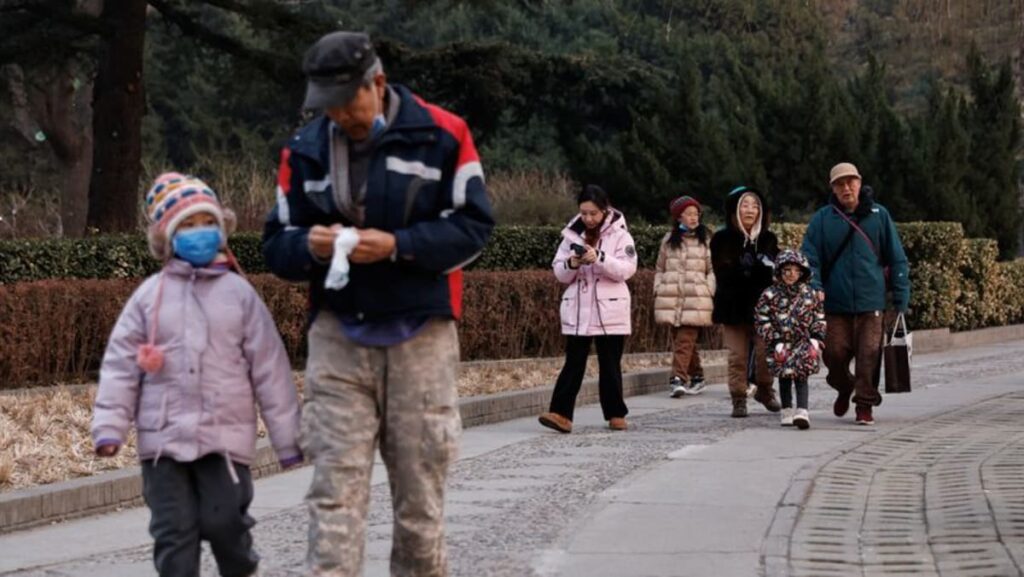A CRISIS THAT RUNS DEEPER THAN THE LAW
But family-planning laws are only part of the story. Though China’s now infamous one-child policy was loosened in 2016, to two children, and then in 2021 to three, fertility rates have not increased.
And unlike other countries grappling with low fertility rates, such as Japan and South Korea, China is still a poor country. According to the most recent data (from 2022) China’s median per capita disposable income is US$6,224 (US$17 per day) for the 944 million people living in urban areas, and just US$2,777 (US$7.60 per day) for the 465 million in rural areas.
In the United States, that figure is US$63,589. Even accounting for America’s higher prices, the difference is huge. Add to that limited economic opportunities for young people – including those with university degrees – and Chinese households simply cannot afford more children.
The newest generation of Chinese parents face an additional psychological hurdle, rooted in their lack of firsthand experience of big families. The vast majority of them grew up as only children in households with two only children as parents, as well as four grandparents. They did not have cousins or siblings to play with, but they did have a large number of adult caregivers. As a result, many do not value large families and find the notion overwhelming.
But all those caregivers imply heavy dependencies as generations age. A small and shrinking cohort of working-age Chinese, operating in a job market characterised by sparse opportunities and low wages, is now supporting a larger and growing population of retired individuals, who have limited access to pensions and health care. And their responsibilities extend beyond finances to include physical and emotional support.
As if that were not enough, each young person is also the only source of pride for their parents and grandparents, who have collectively dedicated their lives – their time, energy, and money – to setting the child up for success. Young adults now have to earn all the sacrifices their caregivers made for them, effectively compensating their parents and grandparents for the children and grandchildren who were never born.
This burden of responsibility is felt starting in childhood. Playgrounds are largely empty, and parks are populated mostly by retirees, even after school and on weekends. Children are more likely to be at home studying than outside playing. All this pressure may well be fuelling rising rates of depression and suicide among youths and young adults.
https://www.channelnewsasia.com/commentary/china-one-child-policy-fertility-birth-rates-low-no-children-5277411


